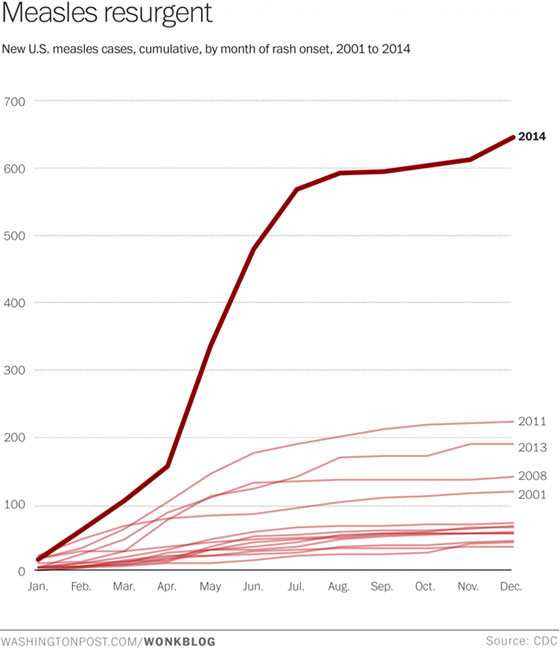 Dr David R Shlim knows a thing or two about travel medicine. With decades of experience under his belt, Dr Shlim is President of the International Society of Travel Medicine. If he could share just one piece of advice for people traveling beyond Europe or the US, what would it be?
Dr David R Shlim knows a thing or two about travel medicine. With decades of experience under his belt, Dr Shlim is President of the International Society of Travel Medicine. If he could share just one piece of advice for people traveling beyond Europe or the US, what would it be?
“Hepatitis A is the ‘don’t leave home without it’ vaccine,” he told Vaccines Today. “The risk is endemic in many countries – almost all children in the developing world will get Hepatitis A. In children, it is relatively mild but if you are an adult it’s more serious.”
More on WHO.int
Dr Shlim recalls a period in the 1980s where many of his patients – or people who would become his patients after they got sick – would catch Hepatitis A from contaminated food or water. The vaccine helped to change that.
“The Hepatitis A vaccine is like a poster child for the ideal vaccine. It’s very safe and very effective,” he says.
Dr Shlim says travellers continue to underestimate the risk of Hepatitis A. However, as he is based in the US where (like a growing number of developed nations) the vaccine is routinely given to children, fewer people are inquiring about it than would have in the past.
So what are they asking about?
“People often come to me for the first time to ask about a specific disease. For example, maybe they have read online that they need a yellow fever vaccine or malaria pills. They may not have thought of protecting themselves against other diseases so we often talk about what else might be useful for them.”
However, while there are a lot of vaccine-preventable ‘travel diseases’, Dr Shlim says understanding the precise nature of a planned trip can help to decide which immunisations are necessary.

“It’s easy to recommend everything for everybody but you need to weigh the risks of catching the disease and make informed decisions,” he says.
For example, there is a big difference between spending a few weeks trekking around a river delta in Vietnam and jetting in for a two-day conference in Hanoi.
“People have often done some online research or their travel company has given them a list of diseases that are present in the country they plan to visit. Some of that information is accurate but sometimes it’s not up to date or it’s more than might be needed for a short trip.”
Dr Shlim also says there is a balance to be struck when protecting against diseases such as rabies. “If there is a risk of rabies it doesn’t always mean getting three rabies shots before you go. But if the vaccine isn’t available in the country that you’re going to you should have a strategy for getting out and getting treated.” When an unvaccinated person is bitten by an animal that could transmit rabies, the patient will be first given immunoglobulin and then a series of rabies vaccine shots.
This kind of advice is what makes travel medicine such a valuable specialty, he says. “Travel medicine practitioners need to be able to talk to people about risks; which vaccines may be necessary and which ones might not be.”
Berlin has reported over 950 cases of measles, mostly in Berlin & Brandenburg State. Prepare for your trip – make sure you’re vaccinated!
— CDC Travel Health (@CDCtravel) April 25, 2015




